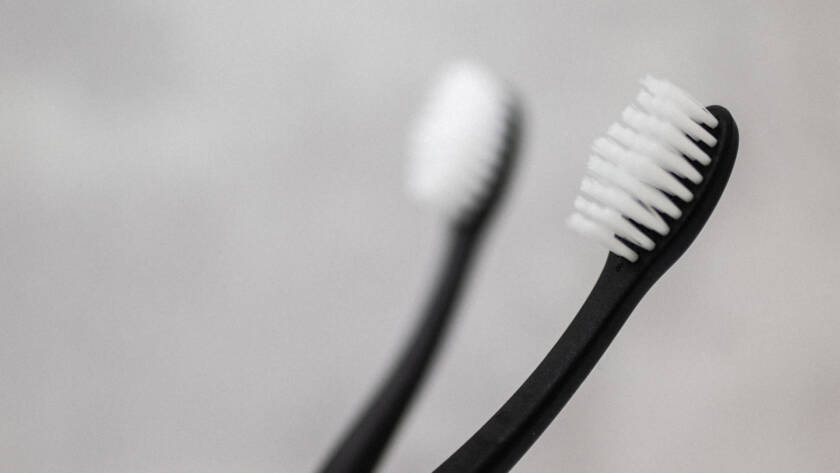Fissure sealing is a highly effective preventive dental method aimed at protecting the back teeth from cavities. This procedure is especially beneficial for children and adolescents as it is applied to teeth most susceptible to decay.
What is Fissure Sealing (Tooth Sealing)?
Fissure sealing involves applying a thin layer of specialized dental material to the grooves and depressions on the chewing surfaces of molars and premolars. This material forms a protective barrier that prevents the accumulation of food and bacteria, the main causes of cavities.
Who is it for?
Fissure sealing is ideal for children and adolescents who have just gotten their first permanent molars. It is also useful for anyone seeking additional cavity protection, especially for teeth with deep grooves where food can easily get trapped.
What is the Fissure Sealing Procedure?
Fissure sealing is a non-invasive procedure performed without anesthesia and involves several steps:
- Tooth Cleaning: A dental hygienist thoroughly cleans the teeth to remove plaque and food residues.
- Drying and Preparation: The tooth is dried, and the grooves are treated with an appropriate solution to ensure good adhesion of the sealing material.
- Application of Sealant: A special liquid plastic material is applied to the grooves, serving as a barrier against cavities.
- Hardening of the Material: The material is hardened using a special light, ensuring its strength and durability.
- Checking and Polishing: After hardening, the dentist checks the seal’s integrity and performs final polishing.
This procedure provides long-term protection against cavities in hard-to-reach areas of the teeth.
Pros and Cons of Fissure Sealing
Pros:
- Significant reduction in the risk of deep cavities on protected surfaces.
- Long-lasting protection that can last for years with proper maintenance.
- Quick and non-invasive procedure, without the need for drilling or removing tooth tissue.
Cons:
- Requires periodic check-ups and potential reapplication of the material to ensure continuous protection.
- The material may detach if not applied correctly.
Fissure Sealing is Not a Replacement for Oral Hygiene
It’s important to emphasize that fissure sealing is a supplement, not a substitute, for regular and thorough teeth cleaning. Regular flossing and proper brushing remain essential for maintaining overall oral health.
How is Fissure Sealing Performed?
The procedure begins with thorough cleaning of the teeth to be sealed. The tooth is then dried, and an appropriate solution is applied to help the sealing material adhere better. The material is then applied directly to the grooves and depressions of the tooth and hardened using a special UV lamp.
When is Fissure Sealing Most Effective?
Fissure sealing is most effective when applied immediately after permanent teeth erupt and before cavities form in the tooth grooves and depressions.
Who Should Consider Fissure Sealing?
In addition to children and adolescents, fissure sealing can also benefit adults, especially those with teeth that have deep grooves prone to cavities. It is also helpful for individuals who have difficulty maintaining oral hygiene due to physical or medical limitations.
How Long Does Sealant Protection Last?
The protection provided by the sealant can vary, but it usually lasts from 5 to 10 years. It is important to regularly check the sealants during routine dental visits to ensure they are still in place and providing adequate protection. If the sealant becomes damaged or wears off, it may need to be reapplied to maintain cavity protection.
Scheduling a Consultation
For more information on fissure sealing, it is recommended to consult with a dentist. Dentists can assess the need for fissure sealing based on an individual’s risk of cavities and personal dental needs. The Esthea Polyclinic offers the option to schedule appointments online.
Follow Esthea Polyclinic on socials:

Are aesthetic veneers the right choice for you?



